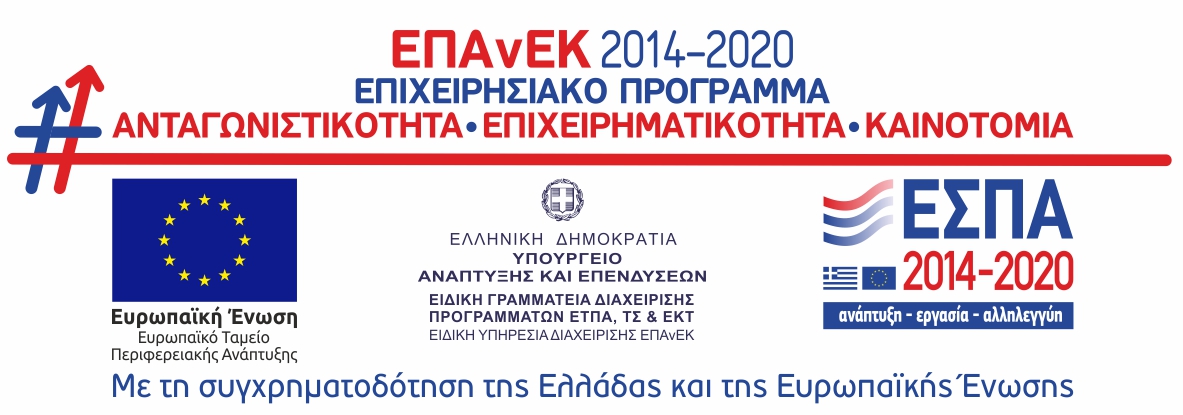Easter Traditions in Greece
Easter in Greece is a special affair. It’s more important than Christmas, by far, and holds a special place in the heart of Greeks. It is imbued with an extra layer of spirituality and acceptance and there is definitely a more robust observance amongst even the younger Greeks. Starting on ‘Clean Monday’, the period of lent begins and lasts approximately for 40 days during which no meat or animal byproducts can be eaten. A lot of people actually participate in lent as catharsis, and these days even more do so. The result of turbulent times, one may say. After the 40 days (according to the Julian calendar) of fasting, people celebrate Easter, or the resurrection, by eating inordinate amounts of awesome grilled lamb, kokoretsi, gardouba and several other entrails’ goodies, such as the magiritsa soup. This happens in a festive setting, obviously, and as you’d expect there’s music and dancing and singing, all intertwined with the smell of roasted lamb and wine; a legit Dionysian symposium by any account, in which the whole town or village participates.
Because Greece has so many influences from so many regions and countries, there are small pockets of unusual festive traditions in and around the mainland hamlets and island villages that aren’t to be found in other places around the country.
CHIOS
For instance, in Chios island on the eastern shore, a very peculiar tradition still takes place on Easter Sunday, involving two churches and their parishes. Agios Markos and Panagia Ereithiani churches sit 400 meters apart on two separate hilltops on the village of Vrontado, but they have a bone to pick. Or so it seems. Back in the 1800’s, the pesky Greeks devised a cunning way of circumventing the ottoman prohibition of celebrating Christian events by staging a faux war between themselves that consisted of firing canons and rockets at each other to hide their faith. It still takes place today, although canons have been replaced by fireworks, however the point of all this is none other than to hit the opposite church tower bell to declare victory. Naturally, all this is done in a healthy competitive spirit, and despite the fact that this torrent of rockets are fired with people still inside the churches adds an extra layer of theatricality and drama to the occasion.
KALAMATA
In what seems to be a recurring theme, gunpowder is also the main ingredient in this distinctive Easter custom in Kalamata, known as ‘Saitopolemos’. Similar to that of the Chios celebrations, this tradition is again rooted in Ottoman times, and it basically consists of two teams of 15 to 30 men and teenagers detonating hand made fireworks while still holding them. This takes place in the municipal football stadium of Kalamata and despite significant pressure from authorities to curb it due to its precariousness, locals are understandably nonchalant. Who said Easter is boring?
CRETE & CORFU
Certainly not the Cretans who have their own take on the popular burning of Juda tradition observed in other countries. During Good Friday an effigy of Juda is created and paraded around the village, only for it to burn on Easter Sunday as a sign of catharsis and penitence.
In Corfu, the tradition is to throw pots out onto the streets from the balconies, while in Arachova, the folklore dictates that men dress up in traditional tsolia regalia. A 3 bender ensues, with everything that entails in a Greek mountain town. That’s the celebration of Saint George, the patron saint of the town.
LEONIDIO
But in Leonidio, things are slightly less aggressive. In addition to stuffing candles inside oranges, the Leonidians also maintain a very colorful Easter ritual that consists of setting as many hot air balloons in the air. The 5 local churches compete with each other. The goal? To have as many balloons up in the air for as long as possible, with the aim of reaching God, or as close as feasible. The balloons carry the prayers and hopes of the parish as they ascend. It’s a moving and colorful experience as they disappear into the night sky.
Easter Traditions in Greece
Spending Easter holidays in Greece offers some tantalising options for authentic Greek fun, in some pretty unusual places, too. The simplicity of meals, the generosity of the people and the pure, unadulterated joy drawn from such momentus events is sure to leave you wanting more.




